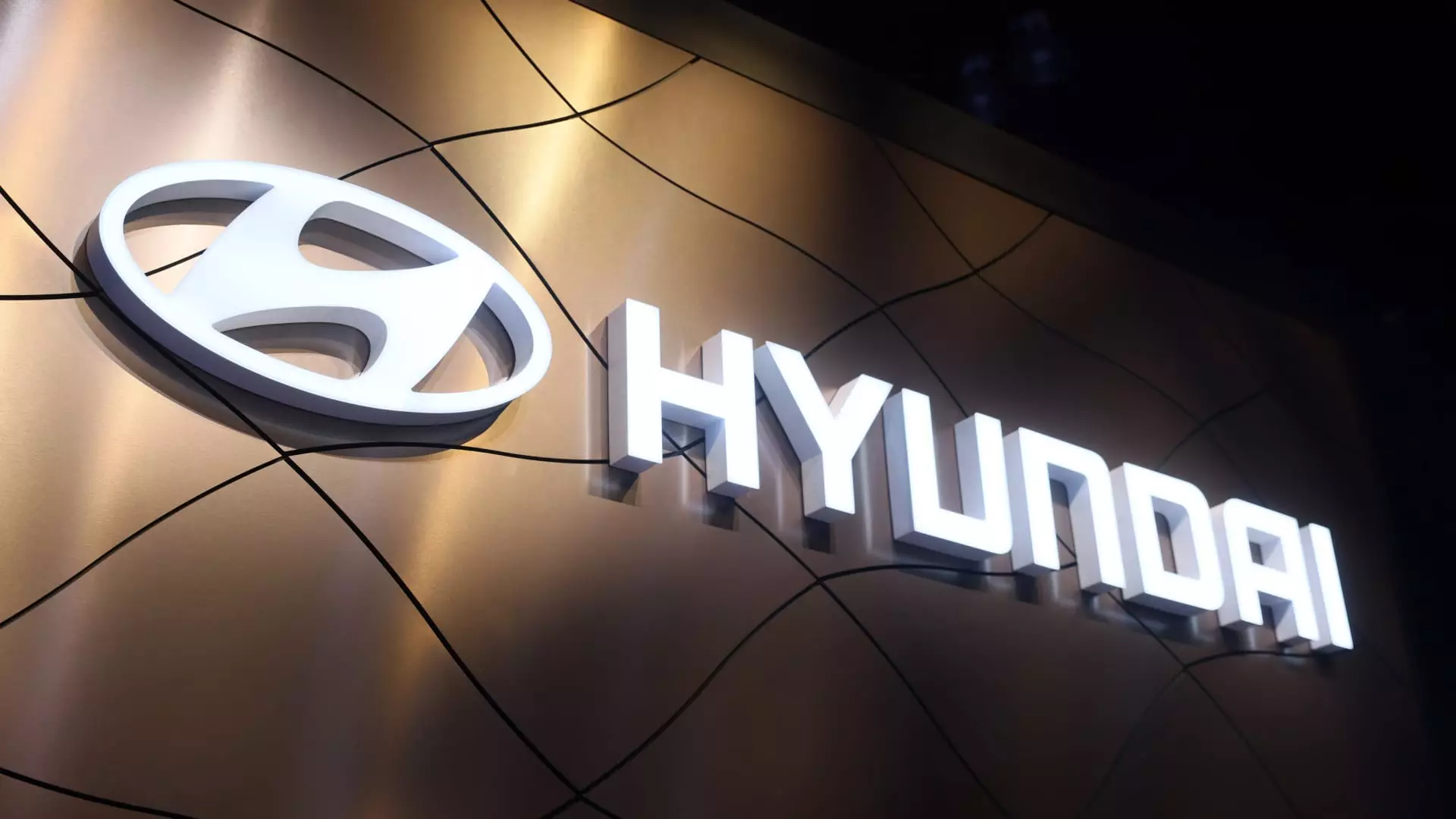In a significant move reflecting its commitment to safety, Hyundai Motor North America has initiated a recall involving over 42,000 of its 2025 models, specifically the Santa Cruz and Tucson. This decision stems from concerns regarding a wiring defect that poses a risk of unintended rollaway incidents, as highlighted by a recent announcement from the National Highway Traffic Safety Administration (NHTSA). This article delves into the implications of the recall, the specifics of the defect, and what it means for vehicle owners.
The identified problem lies in the transmission system of the affected Hyundai models. Serious issues arise when the vehicle can unintentionally shift out of the “park” position without the necessity of engaging the brake pedal. This dangerous malfunction has the potential to lead to vehicle movement while stationary, significantly raising the likelihood of accidents or injuries. The NHTSA’s estimates indicate that around 1% of the recalled vehicles may exhibit this defect, making it a pressing and urgent matter for the automaker.
Hyundai’s recall includes all 2025 Santa Cruz and Tucson vehicles sold in the United States, comprising approximately 35,500 units of the Tucson and around 6,900 of the Santa Cruz. This technical flaw affects vehicles that retail starting at over $33,000 for the Santa Cruz, which combines pickup truck and SUV features, and more than $28,000 for the Tucson, which is a traditional SUV. Such price points highlight the significance of a safe and reliable product, as consumers expect quality and safety when making substantial investments.
While the safety concerns are serious, the NHTSA has reassured vehicle owners that they can continue to operate their Santa Cruz and Tucson models for the time being. In light of these discoveries, guidance provided by the NHTSA includes the recommendation to activate the parking brake whenever parking the affected vehicles, which serves as an immediate preventative safety measure.
Further, the vehicle owners can anticipate proactive communication from Hyundai in the form of letters being sent out on January 19, 2025, providing detailed instructions on how to rectify this issue. Hyundai has committed to a no-cost solution whereby dealers will reroute the console extension wiring assembly, ensuring that the potential for this defect is accurately addressed.
The Timeline of Discovery
Interestingly, the discovery of this issue can be traced back to late October when Hyundai’s North American Safety Office (NASO) received a report about an affected 2025 Tucson model that unexpectedly moved while in a corporate fleet situation. This alarming report triggered further investigations, resulting in a comprehensive review and ultimately leading to the recall announcement on November 13.
Even more crucial is the information that while the issue was initially noted with the Tucson model, subsequent findings indicated that the Santa Cruz also shared a vulnerability linked to the same wiring defect. This unveils a broader concern not only about the Tucson but also the design integrity of the Santa Cruz model, significantly impacting consumer trust.
The Broader Context of Hyundai’s Safety Initiatives
This recall is not an isolated incident for Hyundai, as the company faces another major recall involving over 145,000 electric vehicles encompassing the Genesis and IONIQ models. This recall addresses issues with integrated charging control units that may fail, preventing the batteries from charging. This unrelated but notable recall underlines the importance of vigilant monitoring and proactive strategies within automotive production, where safety is paramount.
As Hyundai aims to rectify these issues, it is crucial that they maintain transparency with consumers and provide adequate support to ensure that both safety concerns and customer trust are effectively managed. The automaker is learning from these incidents, as proactive responses can lead to greater consumer confidence and assurance in the vehicles they produce.
These recent recalls from Hyundai highlight the critical importance of safety in the automotive industry. By engaging in thorough investigations and maintaining open lines of communication with vehicle owners, Hyundai can work towards a resolution that will ultimately ensure the safety and satisfaction of its customers. As the auto industry continues to evolve, monitoring safety protocols and addressing defects promptly will be paramount in maintaining consumer trust.


Leave a Reply